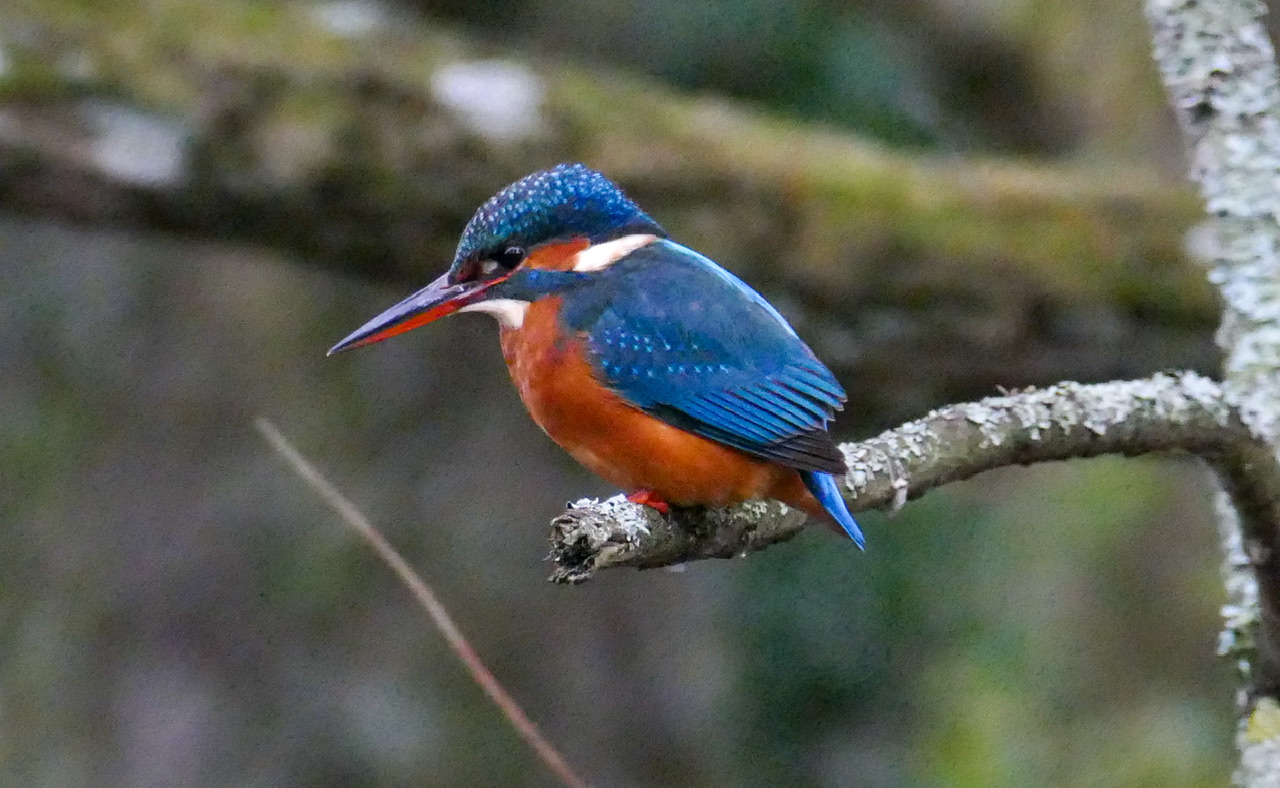The Plight of Our Chalk Streams
Posted on March 19, 2023
I don’t know whether it is a coincidence or not but documentaries by David Attenborough and Paul Whitehouse in recent weeks have both featured Hampshire chalk streams. I care about these because I walk amongst them daily. 80% of the world’s chalk streams are right here, in Hampshire. I can even see one (The Bourne Rivulet) from my bedroom window.
These precious rivers are under threat from a range of environmental factors, including pollution, over-abstraction of water, and of course climate change and its cretinous deniers. The documentaries have emphasised to me, the importance of protecting our chalk streams and what we can all do to preserve them.
What are Chalk Streams?
By definition, chalk streams are small, fast-flowing rivers or streams that originate from chalk aquifers. They are unique because of the high level of clarity in their water. This is down to the filtering properties of the chalk bedrock. The clear water allows sunlight to penetrate the water, supporting the growth of an abundance of plant life.
These streams are home to a variety of plant and animal species that are found nowhere else in the world. These include the water vole, kingfisher, brown trout, and mayfly. These species are adapted to the specific conditions of the chalk stream ecosystem. They will struggle to survive in other types of waterways. They are all under threat and that saddens me immensely.
Why are Chalk Streams Important?
Chalk streams provide numerous benefits to both the environment and human communities. They are an important source of clean water for wildlife and people living in the surrounding areas. The water quality of chalk streams is generally a higher standard than other waterways, making it ideal for drinking and supporting an array aquatic life.
In addition, chalk streams play an important role in flood management. Their fast-flowing water helps to mitigate the risk of flooding in nearby communities by carrying excess water away from urban areas. Then there is recreation and tourism. Chalk streams offer opportunities for fishing, boating, and other outdoor activities. This generates revenue for local communities and supports jobs in the tourism industry.
Why do we Need to Protect Chalk Streams?
Despite their importance, shockingly, chalk streams are under threat from a range of environmental factors. One of the biggest threats being good old, down to earth pollution. Agricultural runoff, sewage discharge, and urban development are all major sources of pollution. These are already having a devastating impact on the extremely delicate ecosystem of the chalk stream.
Over-abstraction of water is also a significant threat to chalk streams. As demand for water increases, water companies are extracting more water from the aquifers that feed chalk streams, leading to lower water levels and reduced flow. Southern Water and their millionaire directors always put profit before infrastructure, not repairing leaks and sucking more and more water out, rather than investing in reservoirs. This is having a damaging effect on the plant and animal species that rely on the unique conditions of the chalk stream ecosystem.
Climate change is another factor that is putting chalk streams at risk. Rising temperatures and changing weather patterns are altering the flow and quality of water in these streams, leading to further degradation of the ecosystem. It’s all a bit depressing but we can only but try to wake up and stop denying the potential devastation around us.
Can We Protect Our Chalk Streams?
Protecting chalk streams requires a collective effort from individuals, communities, and government bodies. There are several things we can do to help protect these vital ecosystems.
Reducing pollution is one of the most important steps we can take. This can be achieved through measures such as reducing the use of fertilisers and pesticides in agriculture, improving sewage treatment processes, and reducing urban runoff. These are all practices neglected by Southern Water. You may have noticed by now that I think Southern Water are crooks and that privatisation of water is a sick joke. It should have never been allowed to happen.
Reducing our water usage is also crucial. This can be achieved through measures such as installing water-efficient appliances, fixing leaks, and reducing outdoor water use. We can all do our bit but we need those supplying the water to lead by example. This means not extracting as much money as they can whilst ignoring infrastructure upgrade requirements to protect dividends.
Supporting Organisations
We can also do our bit by supporting organisations and government initiatives (this particular government don’t care about pollution but another one might do) that work to protect chalk streams. This can include donating to environmental charities, supporting legislation that protects waterways, and participating in community initiatives that promote conservation.
Chalk streams are a vital resource that provides numerous benefits to both the environment and human communities. Protecting these unique ecosystems requires a collective effort. Last year, I got lucky. I managed to see, close up, the kingfisher pictured in this blog. It was so focussed on fishing, I snapped away with my camera for several minutes. It is a wonderful creature.
I can’t explain how depressed I will be if I am part of the last generation to witness the beautiful wildlife that chalk streams offer.

Got something to say?